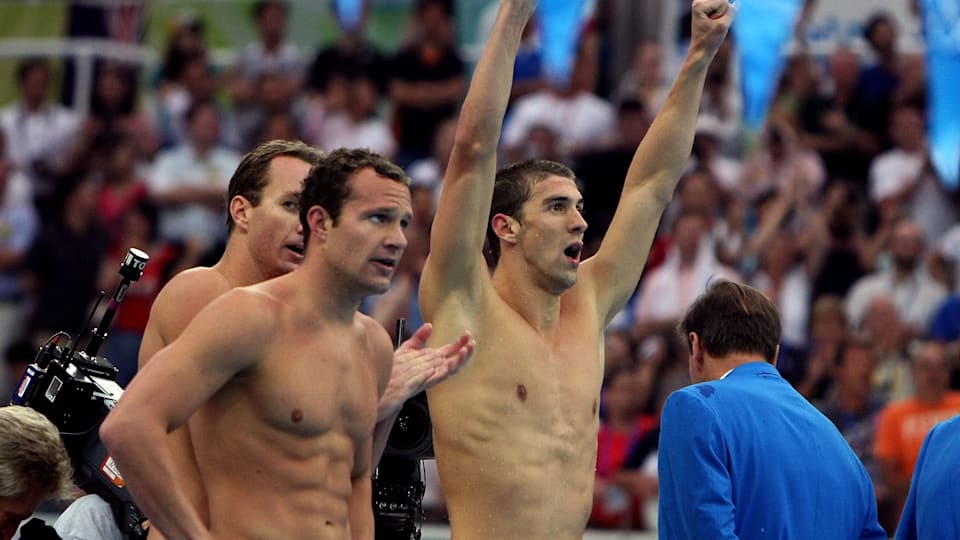Phelps' eight-gold haul ten years on: Could it happen again?
Will anyone equal or beat Michael Phelps' record haul from Beijing 2008?

Ten years ago, Michael Phelps did what many didn't think was possible.
On 17th August he won his eighth gold of Beijing 2008, becoming the first person to achieve that feat at a single Olympic Games.
In doing so, he broke Mark Spitz's long-standing record of seven golds won at Munich 1972.
But what are the chances of it happening again?
The right sport
There are not many sports in which an athlete could feasibly compete in, let alone win, eight events at a single Games.
Aside from swimming, the only other sport it could occur in artistic gymnastics. There are eight men's events: team all-around, individual all-around, and six apparatus finals.
Indeed, gymnastics has produced the only other person to win eight medals of any colour in one Games. The Soviet Union's Alexander Dityatin clinched three golds, four silvers, and a bronze at Moscow 1980.
In sports like athletics and cycling, although there are more than eight events, it is unlikely for a competitor to attempt that many.
Scheduling
How event heats, semi-finals, and finals end up being scheduled is also a factor.
When Spitz won his seven golds in 1972, he had to race in two finals within an hour of each other, something Phelps would repeat 36 years later.
Phelps' run to eight golds in Beijing began with the 400m individual medley final on 10 August, in which he set a new world record.
The then-23-year-old followed with two more gold medals on consecutive days, in the 4×100m freestyle relay and 200m freestyle, in addition to swimming heats and semi-finals.
Phelps' big test was on 13 August, when he had to swim the opening leg of the 4×200m freestyle relay barely an hour after he won the 200m butterfly.
After a day without a final, he took the 200m individual medley (IM).
In a race for the ages, Phelps then edged Milorad Cavic out by just 0.01 second in the 100m butterfly the following day. That hundredth of a second drew him level with Spitz.
And when teammate Jason Lezak touched home ahead of Australia's Eamon Sullivan in the medley relay on 17 August, Phelps had done what few thought possible.
If the schedule had been even tougher, it's hard to say what effect that would have had on Phelps.
Skillset
Whoever equals or breaks the record will need the right skills for the job as well.
Phelps, and Spitz before him, focused on the short races — Spitz didn't race further than 200m in Munich, while Phelps' longest distance was the 400m IM.
Equally important is choosing the right events, scheduling aside. Spitz won all seven medals racing freestyle or butterfly, while Phelps' came in the freestyle, butterfly, and medleys. Very few swimmers take on more than two swimming strokes outside of the IMs.
This is less of a factor in gymnastics, where to win eight golds, a gymnast would need to be able to perform on every apparatus.
A common theme in both swimming and gymnastics for anyone looking to tie Phelps on eight golds: teammates.
The team all-around gold in gymnastics may be out of reach to even the best gymnast if their teammates can't produce.
While in swimming, there were three relays per gender on the Olympic programme up to Rio 2016. In fact, a mixed medley relay will be added at Tokyo 2020.
Does that open up the possibility of someone winning nine gold medals in the future?
If you're hoping Michael Phelps is the man to break his own record... it's not going to happen. Phelps has repeatedly declared, including on the anniversary of arguably his greatest sporting feat: "that chapter is closed".
